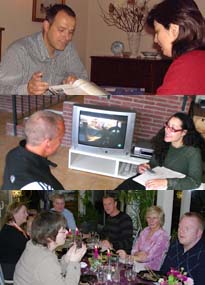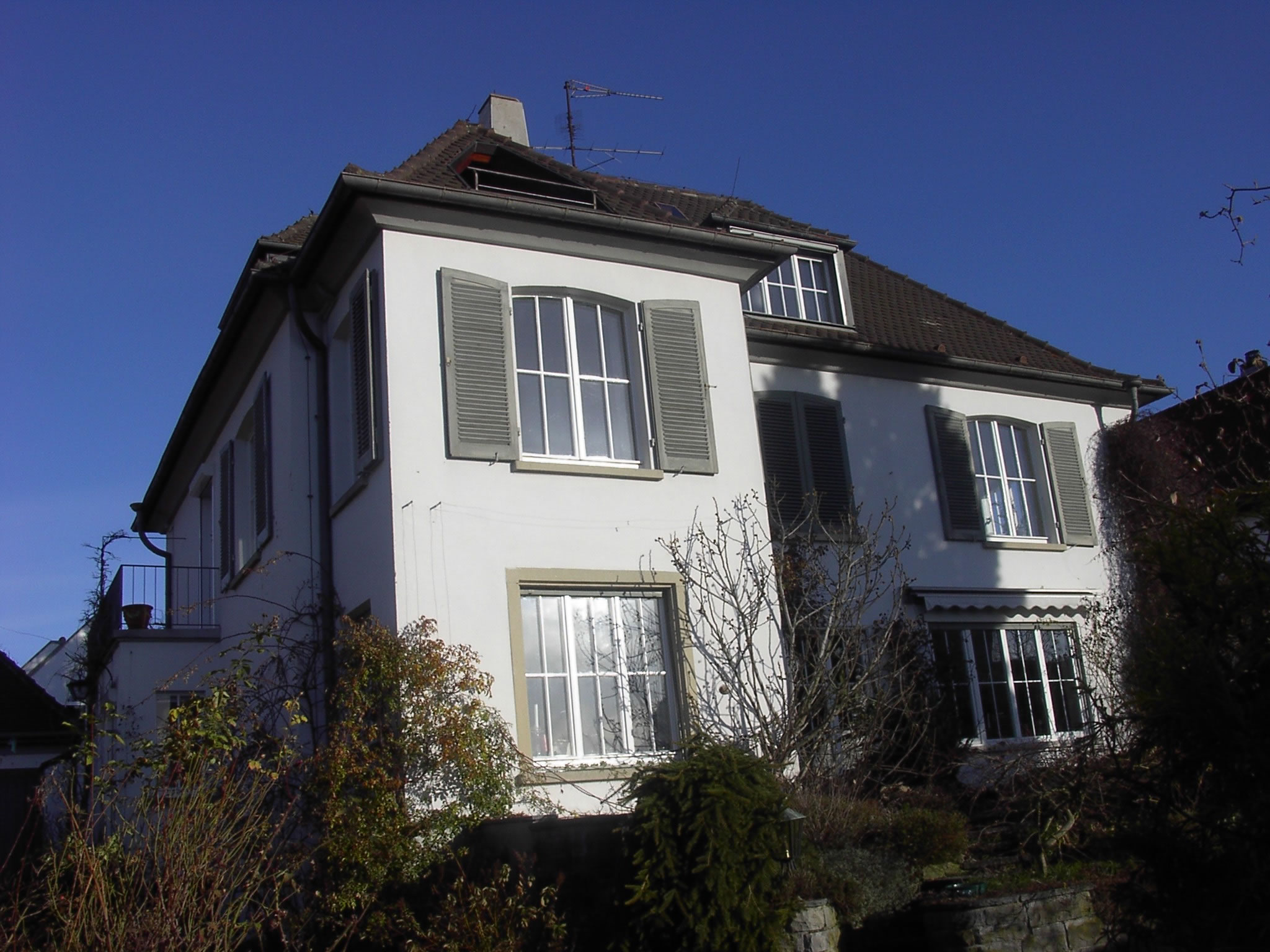N° 18 |
 |
2009/2010 |
ONE-TO-ONE COURSES WHERE THE LANGUAGE IS SPOKEN |
||
Learning a language quickly and well:
|
||
No-one likes to waste their time and money. And when we decide to improve our communication skills in a foreign language, we like to find solutions that allow us to learn this language quickly and well. Most language schools offer group programmes. They can go form a huge group of twenty people, or even more, to a small group of two people. That is understandable, as large groups are more profitable, with the same number of teachers for varying numbers of students. |
||
| Inconveniences of a group | ||
 |
Why waste our precious time and money in group lessons? Why undergo the pressure and the unease that may reign in a group, when we can, a little like a VIP, experience unforgettable moments in the relaxed and beneficial atmosphere of private lessons? Why force ourselves to study the artificial vocabulary of a course book that is hardly appropriate to our interests and needs, not to mention specific vocabulary which is only useful for one or the other participant, but rarely relevant to our needs? And, can we honestly impose our choice of vocabulary on them? Why should we have to hold back before we can speak? Speaking time in group classes has to be shared among the participants, and the higher the number of participants, the shorter our time to speak. Why should we have to go at the pace of the slowest participant? Why do exercises that are only useful for some participants and have nothing to do with our difficulties? |
|
| Advantages of private lessons | ||
Private lessons do not pose these difficulties. We can, in fact, with almost the same budget, and without any of the draw-backs of a group, learn to speak easily about subjects that interest us specifically. An experienced and qualified teacher is always by our side. Our speaking time is never limited. We use this time as we see fit. We speak six times as much and progress six times as fast as we would in a group of six participants. And at DialoguE, this precious speaking time is not restricted to lessons. We converse in the company of native speakers from morning till night, during meals, breaks and evenings. Another major advantage of a private programme is that no-one needs to spend three or four, even more, weeks studying the language. In most cases, a five-day stay at DialoguE is sufficient for achieving most of our objectives. |
 |
|
| The best quality-price ratio | ||
 |
Choosing your course based solely on price is hardly a good solution. It would be better to compare the quality-price ratio of the large number of courses on offer. In all the comparative studies made about immersion language courses that we are aware of, DialoguE has always come out first. According to these studies, the DialoguE programme is both the most complete and the most reasonably priced: complete personalisation in a studious yet warm, friendly and relaxed atmosphere where all the learners’ projects, needs, objectives, difficulties and expectations are truly taken into account. A true immersion in the target language, from morning till evening, in the company of native teachers, and where the language is spoken by the locals. |
|
| DialoguE: an unforgettable experience | ||
DialoguE gives us a lot of thought. We do not need to adapt ourselves to a system, a programme or a teacher. DialoguE trainers adapt themselves to us, to our personality, our learning style, our areas of interest, our ambitions and our challenges. Thanks to DialoguE’s individualised, caring and adaptive training method, we are always working at our level and our rhythm and stay constantly motivated. At no time do we feel as if we are at school. Welcomed like a VIP, surrounded by our hosts and trainers, we experience unforgettable moments. |
 |
|
|
||
| You too choose DialoguE’s private programmes. What are the main reasons? |
||
|
||
|
||
DialoguE IdiomaS info@dialogue.es |
Richard van Egdomrichard@dialogue.com |
Minoo & Mike
Short dialogue@angloscene.com |
DIALOGUE IDIOMAS |
DIALOGUE TALEN |
DIALOGUE-ANGLOSCENE TAMPA (FLORIDA) |
|
|
|
DIALOGUE ACADEMY Meersburg |
DIALOGUE FRANCE Bretagne |
DIALOGUE-ANGLOSCENE RYE (HASTINGS) |
|
||
DIALOGUE_LANGUAGES
HEAD OFFICE - SPA |
||
 |
||
What you will certainly not find elsewhere
Journal
DialoguE

"ONE OF THE BEST LANGUAGE SCHOOLS"
( WALL STREET JOURNAL)















